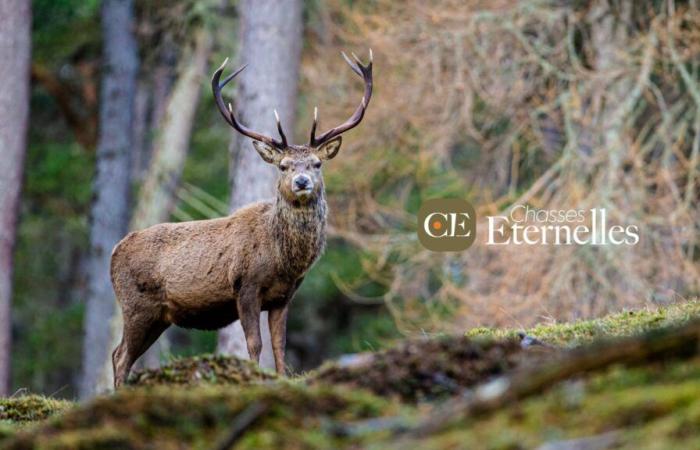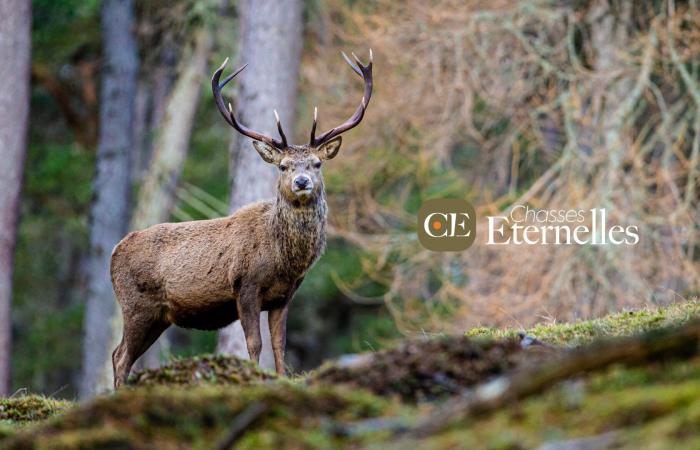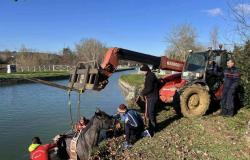Haut-Rhin deer: when the Animalist Party denounces the slaughter of deer but forgets the position of hunters…while advocating what they usually denounce. What a mess!
In Haut-Rhin, the debates around the slaughter of deer take a new turn with the position taken by Hélène Thouy. She denounces the slaughter of 2,000 deer while proposing alternatives such as ecological corridors and a mysterious “alternative food”. But what is most striking is the convenient forgetting of a crucial point: the official position of hunters, who refuse to shoot blindly to reach quotas considered absurd.
The omission of hunters: a well-established strategy
In her statement, Hélène Thouy protests against the slaughter of deer but ignores the fact that the hunters themselves are opposed to this hunting plan. As we explained in our January 17 article entitled “Haut-Rhin deer: animalist silence”hunters denounced this imposed quota, arguing that it does not take into account local realities or the natural dynamics of populations. Their position is clear: there is no question of shooting at everything that moves to satisfy an administrative constraint.
By choosing not to mention this opposition, Ms. Thouy prefers to stick to her role as a systematic opponent of hunters, to the detriment of an honest analysis of the facts. For what ? Because recognizing that hunters are also opposed to this slaughter would amount to undermining the image of “destructive hunter” that the Animalist Party seeks to cultivate.
“Alternative food”: a revealing contradiction
Among the “solutions” put forward by Hélène Thouy is the “alternative food”. An idea which, beyond its vague formulation, poses a delicious question of logic: Isn't this exactly what hunters do with wild boars via deterrent feeding? And yet, is it not the Animalist Party which regularly denounces this practice, accusing it of “artificially feeding populations” ? We need to know: is this a good idea or not?
Dissuasive feeding, a highly regulated practice used to divert wild boars from sensitive crops, consists precisely of feeding the animals strategically in order to limit damage. This seems to correspond point by point to what Ms. Thouy imagines for the deer. But if this approach is good for deer, why should it be reprehensible when it comes to wild boars? Unless ideology guides this position more than consistency… We no longer understand.
-Staying in reality: pragmatic management
Rather than seeking to systematically pit hunters and environmentalists against each other, it would be more constructive to encourage dialogue between the different stakeholders. Hunters, on the front line in the field, are not the enemies of wildlife. They demand coherent management plans adapted to local realities, far from arbitrary quotas.
From ideology to contradictions
By deliberately omitting the official position of the hunters and proposing alternatives that are as vague as they are contradictory, Hélène Thouy illustrates a strategy that is above all ideological, where it is less a question of defending the deer than of maintaining a sterile confrontation against the hunters. Finally, the Animalist Party leaves us with a question: is graining a good solution or not? In the absence of a clear answer, the realities on the ground will continue to impose themselves.
To see in video:







